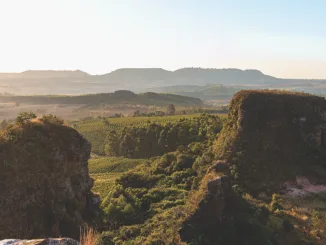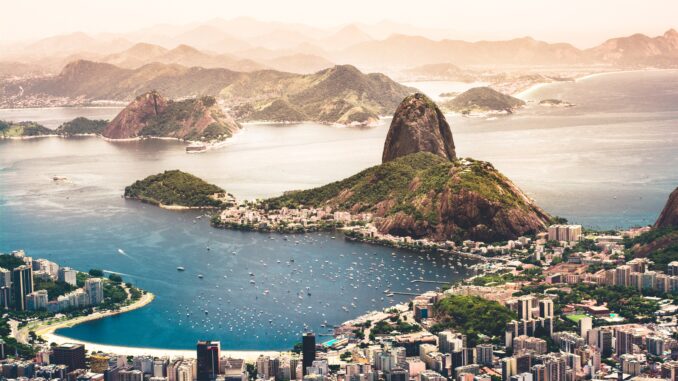
The world of specialty coffee in Brazil, one of the world’s largest coffee producers, is welcoming high-quality coffee with open arms.
BY YKER VALERIO
SPECIAL TO BARISTA MAGAZINE ONLINE
Cover photo by Agustin Diaz Gargiulo for Unsplash
From the editor: Over the past year, we’ve been exploring the rapid growth of specialty-coffee drinking in countries that produce it across the globe, from Vietnam to Colombia. Today, we get insight on how quickly Brazil, the world’s largest coffee producer, has welcomed the trend from both the producer and the consumer side.
It’s hard not to think of Brazil and the United States as some of the most determinant market forces when thinking about coffee. Brazil, for one part, is the biggest coffee producer in the world, while the United States is the biggest importer.
Still, there is a good reason to look at them differently. Several analysts claim that the United States has exerted a significant cultural influence over Brazil for the past few centuries. And according to Jonas Ferraresso, Brazilian coffee agronomist and advisor, this traditional influence is one of the main drivers of Brazil’s adoption of specialty coffee.
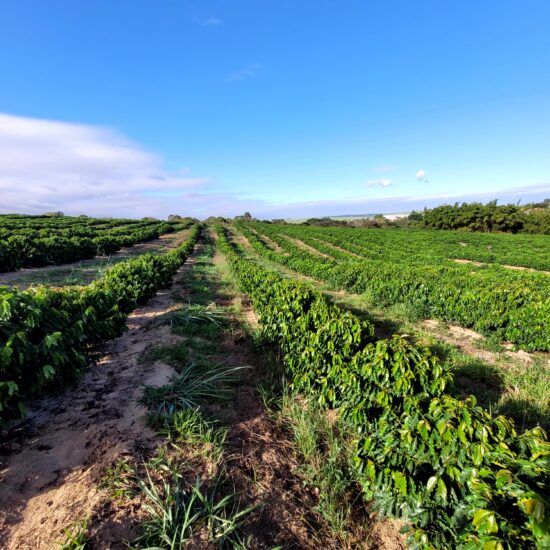
The Shifting Landscape of Brazilian Cafés
Jonas says that once high-end coffee shops grew in the United States and capsules became a premium alternative, Brazilian coffee drinkers and businesses quickly adopted the trend.
According to Jonas, before the rise of specialty cafés serving single origins, traditional bakeries dominated the scene. “They still exist and serve espresso and other milk-based drinks but serve regular coffee. The difference is that coffee drinkers now can enjoy a high-quality offering at specialty-coffee shops,“ he says.
Through this change, many coffee drinkers have adopted the specialty café as a new social space without abandoning coffee drinking at home.
Looking for higher quality, roasters and coffee shop owners started to buy coffee directly from producers, building the foundations for a different type of coffee business in Brazil.
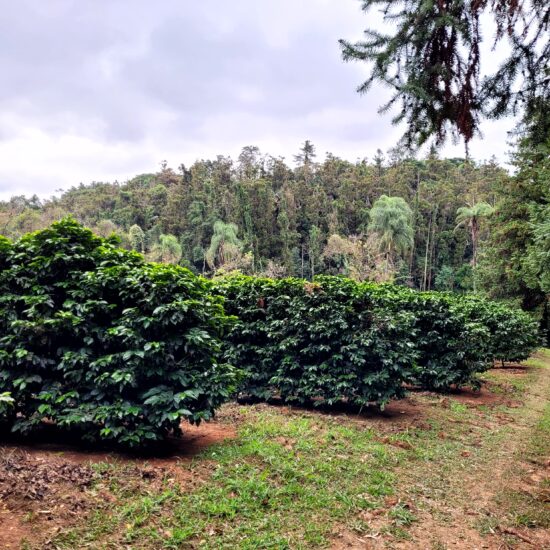
The Importance of Specialty Coffee in Brazil for Small Producers
There is a widespread belief that Brazil’s coffee production is highly industrialized and more focused on volume than quality. Yet, nearly 73% of Brazilian coffee is harvested manually or using machines only partially, as Jonas stated in a previous article for the Specialty Coffee Association.
In this regard, Brazil has been the unbeatable champion of coffee production for the past 150 years, yet it has a vast diversity of small coffee producers who have been innovating and making huge efforts to remain sustainable and competitive.
The impact and growth of specialty coffee in Brazil can be underestimated when comparing the figures between commoditized coffee beans and specialty-grade ones. However, it has been crucial for hundreds of coffee producers.
“In the past few decades, specialty coffee saved small producers from disappearing,“ says Jonas. And he isn’t exaggerating. The market fluctuations have really hit many small producers globally. The small Brazilian farmers could only sustain their businesses through premium-grade coffee.
The international commodity exchanges don’t determine the prices of the specialty-coffee market; rather, they depend on the quality of the product. As a result, specialty-coffee producers have more control over their incomes, which has been a game-changer for many.
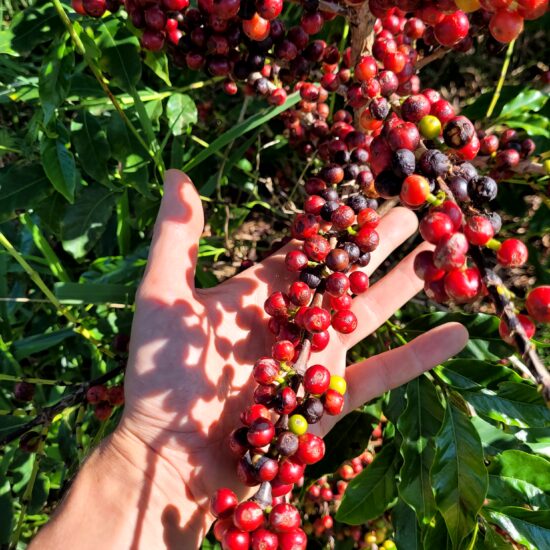
Raising the Level of the Coffee Game
While many consumers have discovered a higher quality of coffee through capsule systems, now big brands are offering premium blends and origins, according to Jonas.
And some experts claim that the Brazilian specialty-coffee market has room for growth because local consumers are becoming more interested in high-quality options. As a result, the Brazilian coffee market has grown and strengthened through diversity in clientele.
For years to come, specialty coffee remains a promising business for all parties involved. While Brazilian consumers get more interested in high-quality coffee, it can drive a more sustainable and profitable business for premium-focused producers, roasters, and coffee shop owners.
ABOUT THE AUTHOR
Yker Valerio (he/him) is a freelance content creator. After more than 10 years of working as a management consultant, he started the blog Bon Vivant Caffè to share his passion for specialty coffee.



